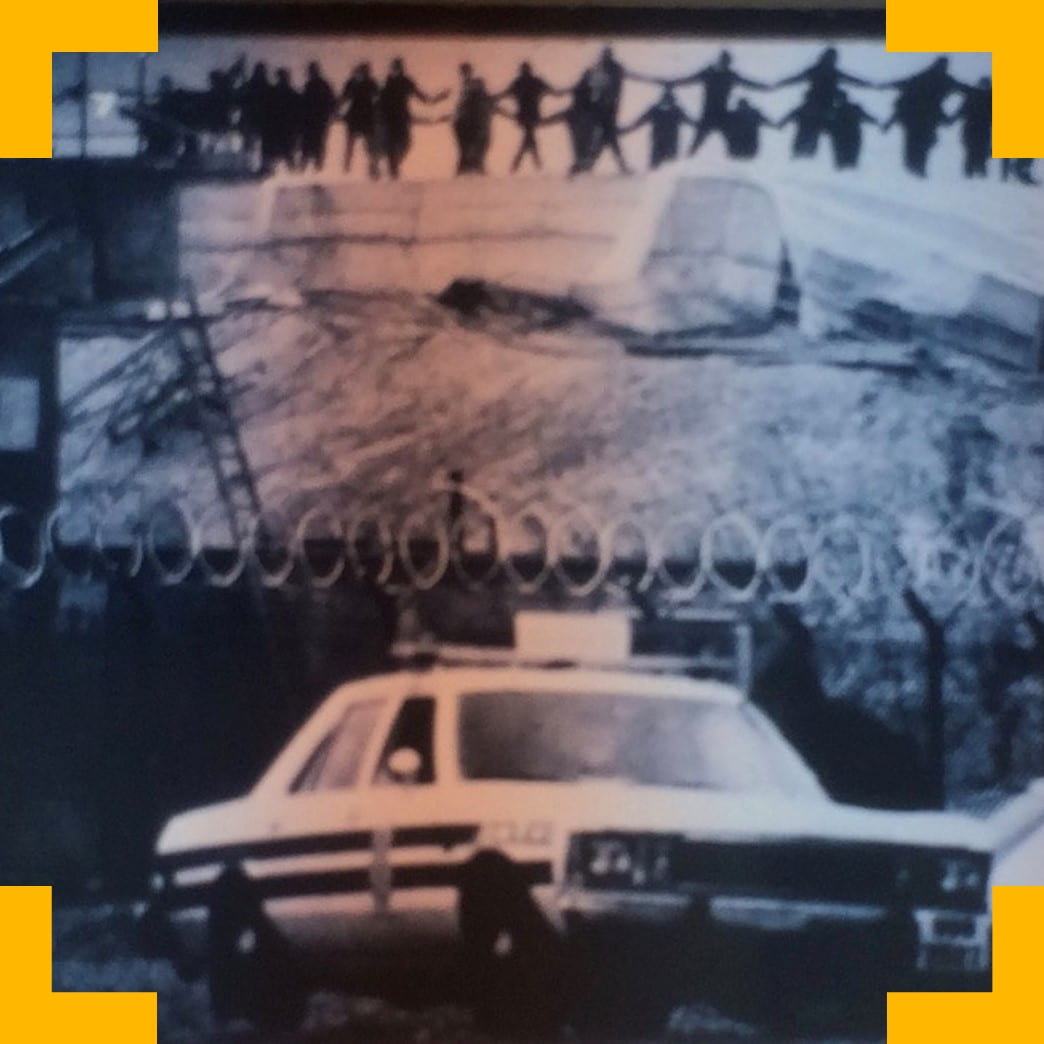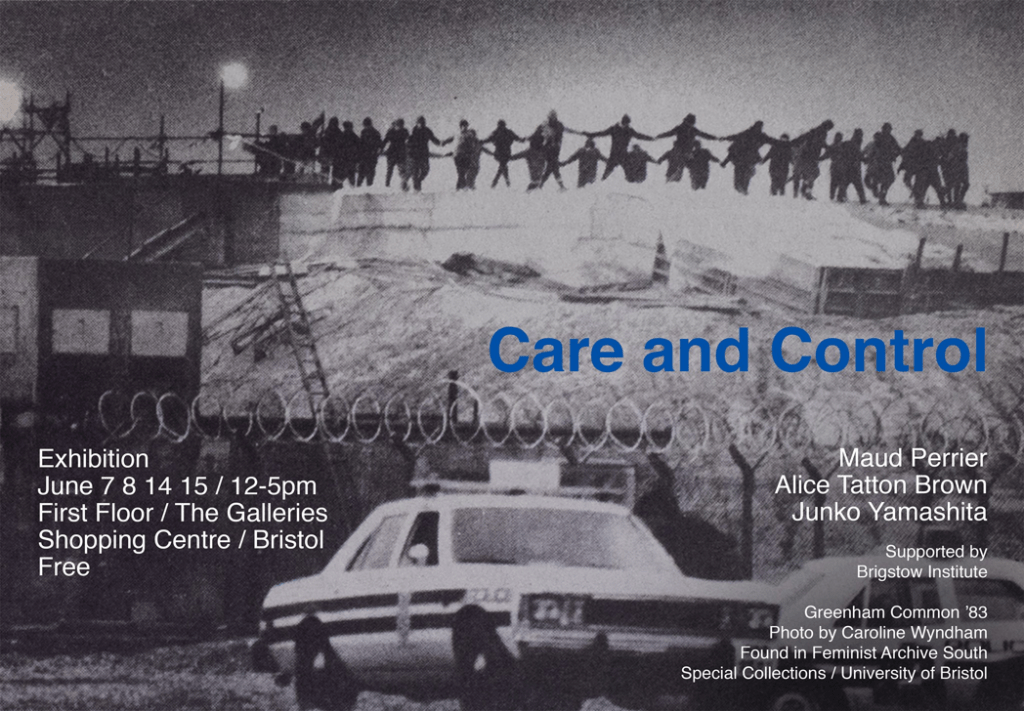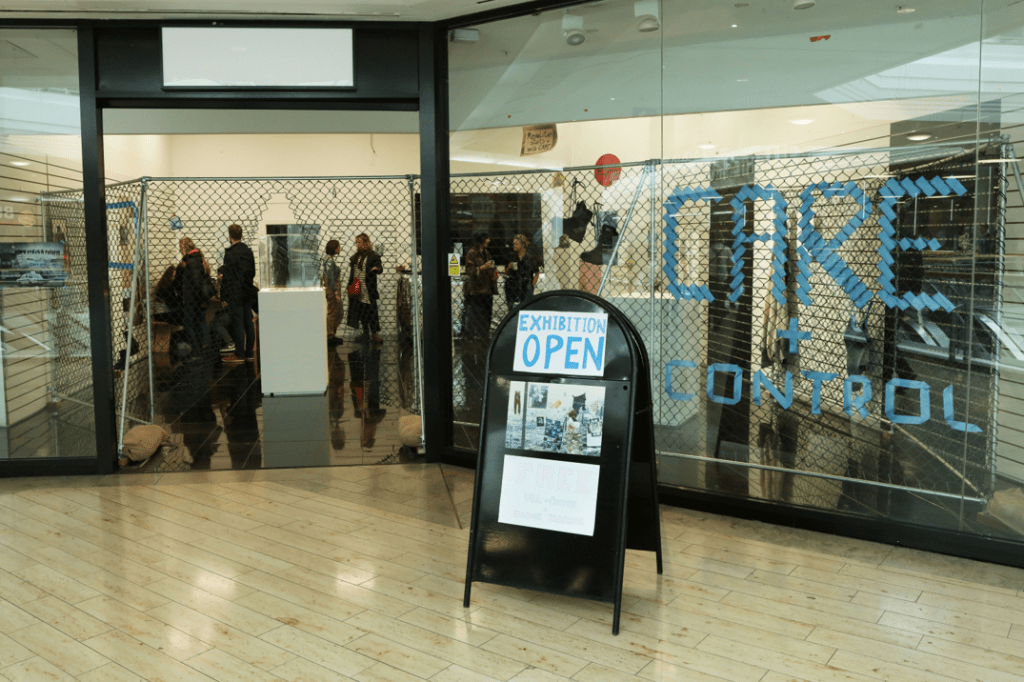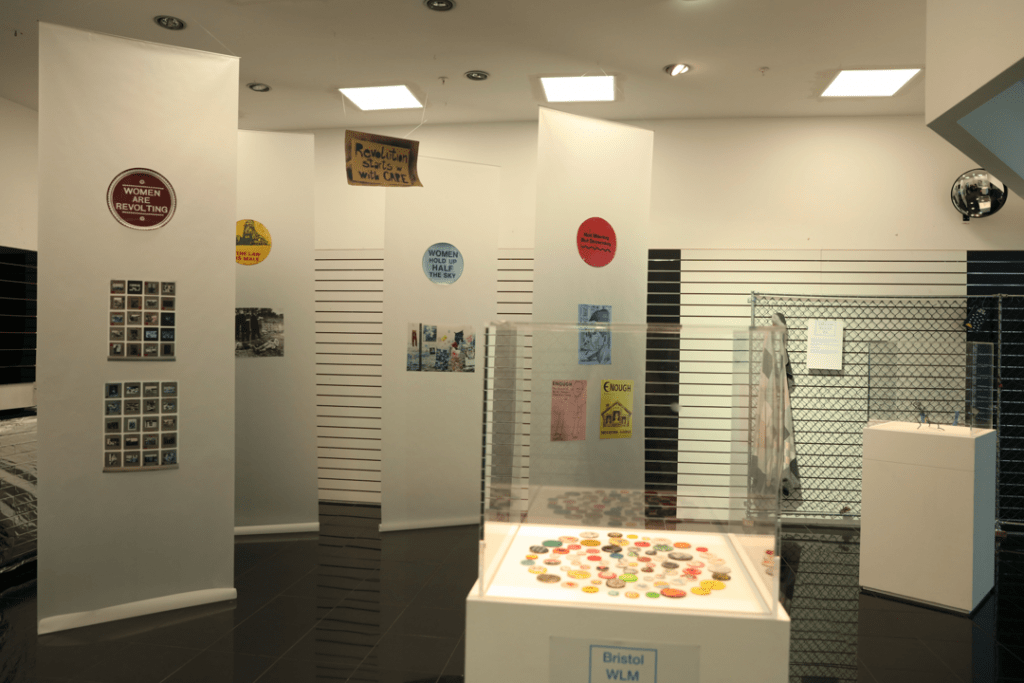Experiments in Collective Care
What kinds of collective care practices can nourish and replenish us emotionally and politically? This research seeks to politicise care and place the emphasis on interdependence rather than independence.

What did the project involve?
This research is a project on self and collective care. It takes inspiration from the Women’s Liberation Movement and builds on their successful Ideas Exchange “What the Future Holds”. The team define collective care as being when an individual’s needs align with a group’s needs by creating a sense of shared responsibility. This will lead to problem solving, practical action and creativity. The research explored the stories and activism art of the Women’s Liberation Movement, which have made selfcare and collective care more tangible. It sought to discover the impact that the provision of free, communal space has on a community. Current provision aimed at improving wellbeing places responsibility on the individual to gain resilience. This research sought an alternative view that politicises care and places emphasis on interdependence rather than independence.
Who are the team and what do they bring?
- Maud Perrier (Sociology, Politics and International Studies) researches into the care practices of mothers, academics, midwives, maternal entrepreneurs and early years educators. She has relationships with the Feminist Archive South as well as a variety of feminist organisations in Bristol.
- Junko Yamashita‘s (Sociology, Politics and International Studies) research explores the interaction of care policy, social norms on care and family, intergenerational caring relationships, divisions of care labour and gender.
- Alice Tatton Brown has delivered experimental arts projects for well-established arts organisations, festivals and institutions around Bristol. Alice worked with Emily Williams to develop the project Contract of Care and has delivered workshops on care strategies for artists.
What were the results?
The research project team occupied a shop in central Bristol where they have co-created:
- Care Kit, in response to the communities and individuals they encountered during the occupation
- Collective Survival Kit – a curated window display of objects representing personal endurance gathered from the Women’s Liberation Movement and present feminist activists.
- Free communal space for collectives, co-ops and political groups to gather and hold public meetings.
Find out more about the team’s exhibition ‘Care and Control’ in the Care and control Preview article in Bristol 24/7.
The research team intended to write a blog for the Feminist Archive South website about the exhibition and presented their work on Experiments in Collective Care at the Feminist and Women’s Studies Association Conference in London in October 2019.








Project Social Media